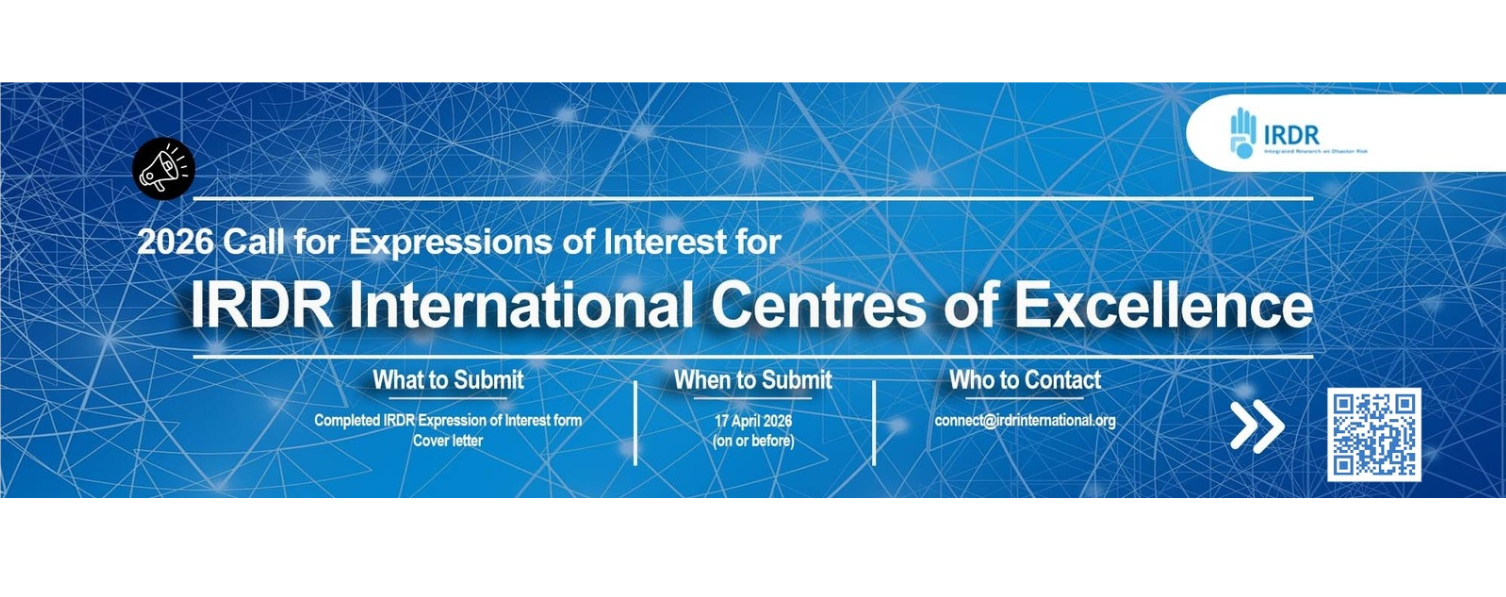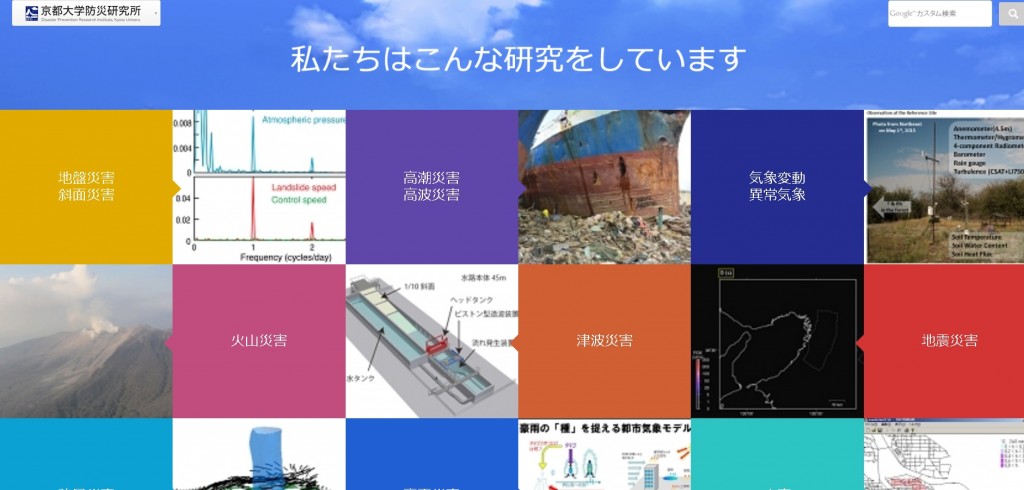IRDR International Centre of Excellence in Risk Interpretation and Action (ICoE-RIA) members; The Centre for Integrated Research on Risk and Resilience, King’s College London, and The Institute for Risk and Disaster Risk Reduction, University College London, alongside UKDC-Resilience member universities released “Disaster Risk: A Future Agenda for Integrative Science” highlighting the importance of multidisciplinary work linking science, social science and the arts, and involving public engagement.
UKDC-Resilience, a consortium of four international centres of excellence on hazards, risk and resilience research are all located in UK and composed of The Cabot Centre, University of Bristol; The Institute of Hazards, Risk and Resilience, University of Durham; The Centre for Integrated Research on Risk and Resilience, King’s College London, and The Institute for Risk and Disaster Risk Reduction, University College London.
UKDC-Resilience believes that the need for a strategic response from the scientific community in the development of policy, public consciousness and scientific capacity to understand and manage disaster risk and build resilience is made more urgent by the political momentum provided by the contemporary processes of revision of the Hyogo Framework for Action 2005-2015 (HFA). This process is expected to culminate in the Sendai World Conference on Disaster Risk with a call for greater evidence led policy and a stronger role for science across disaster risk planning and practice.
The document Disaster Risk: A Future Agenda for Integrative Science is organised around five research (better understanding compound and individual extreme events and how they may occur in ‘cascades’; uncertain risks and their impact on interconnected systems and the significance of rights and responsibilities) and three capacity building priorities. Science impact mechanisms include communication, partnerships and training. Based on the document, the scope of “Communication” is limited by constraints on the systematic collection and public accessibility of data, and by a lack of verified experience with knowledge systems controlled by those at risk. ‘Partnerships” require a rethink of career structures as well as organisational forms. Experience with Knowledge Exchange Fellows highlights these challenges and also their valuable impacts on risk planning. These experiments indicate that real gain will come from scaling up support for long-term bilateral relationships between the UK and international science and policy partners including communities at risk. “Training” calls for initiatives to build in not only traditional PhD but also professional training and reach out to integrate natural as well as social science into the humanitarian sector, civil defence and development sectors. This mechanism is fundamental for the generational shift needed to embed disaster risk awareness into development.
The document Disaster Risk: A Future Agenda for Integrative Science is authored by David Alexander, Philippa Bayley, Sarah Curtis, Joel Gill, Claire Horwell, Bruce Malamud, Justin Sharpe, Lena Domenelli and Mark Pelling.
Download: Disaster Risk: A Future Agenda for Integrative Science






